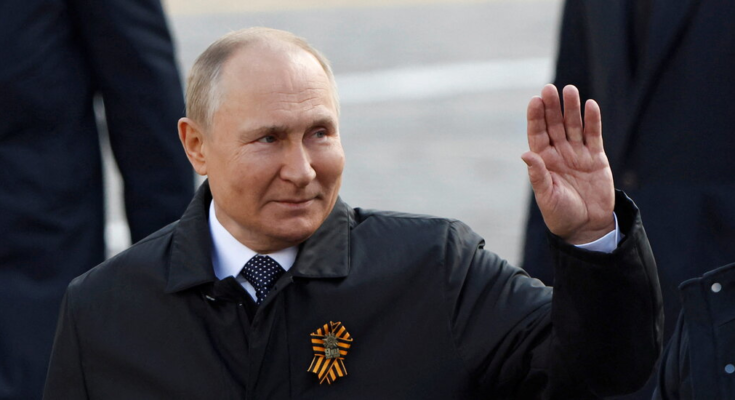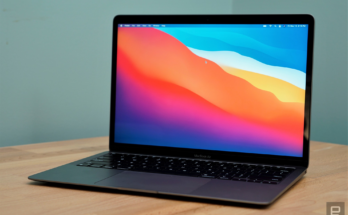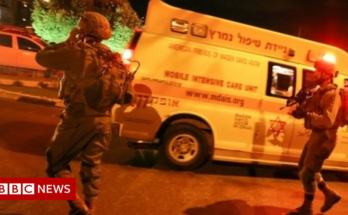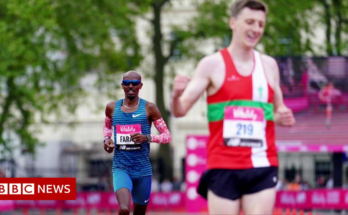“On the day of victory over Nazism, we are fighting for a new victory,” Mr. Zelensky said as he was shown walking alone through the streets of Kyiv, past government buildings protected with barriers and barbed wire.
Together, the speeches showed both leaders digging in for what could be a protracted battle, as Ukrainian troops, armed with heavy weapons supplied by the West, fight Russian forces along a 300-mile front in the Donbas region of eastern Ukraine. After weeks of intense combat, Russia has made only sporadic gains.
The Ukrainian military said that the Russian army had deployed 19 battalion tactical groups — each with as many as 1,000 troops — to the Russian border town of Belgorod in preparation for an assault to slow a Ukrainian counteroffensive around Kharkiv and to break through Ukrainian defensive lines elsewhere in the region.
In Warsaw, protesters chanting “fascists” splashed red liquid on the face of Russia’s ambassador to Poland, Sergei Andreev, as he and other Russian diplomats visited a memorial honoring Red Army soldiers killed in World War II. A spokeswoman for Russia’s Foreign Ministry, Maria V. Zakharova, called the protesters “admirers of neo-Nazism.’’
Western and Ukrainian officials had speculated that Mr. Putin might use the martial pomp of the May 9 ceremony to officially declare Russia is in a state of war and expand military conscription, allowing him to increase his depleted forces that have faced so many struggles on the battlefield.
But analysts said that a mass mobilization of the Russian public, an increase in conscription or a switch to an austere wartime economy would undermine the balance he had struck and bring the reality of war into many more households. Mr. Putin pledged early on that conscripts — young Russian men who are required to complete a year of military service — would not be sent into battle. After many were, Mr. Putin ordered an investigation.
“It could turn out that people are prepared to support the war while sitting at home in front of the TV, as they say, but that they are not at all prepared to go and fight,” Mr. Pavlovsky said. “That’s the central position that Putin understands and is trying not to touch.”



